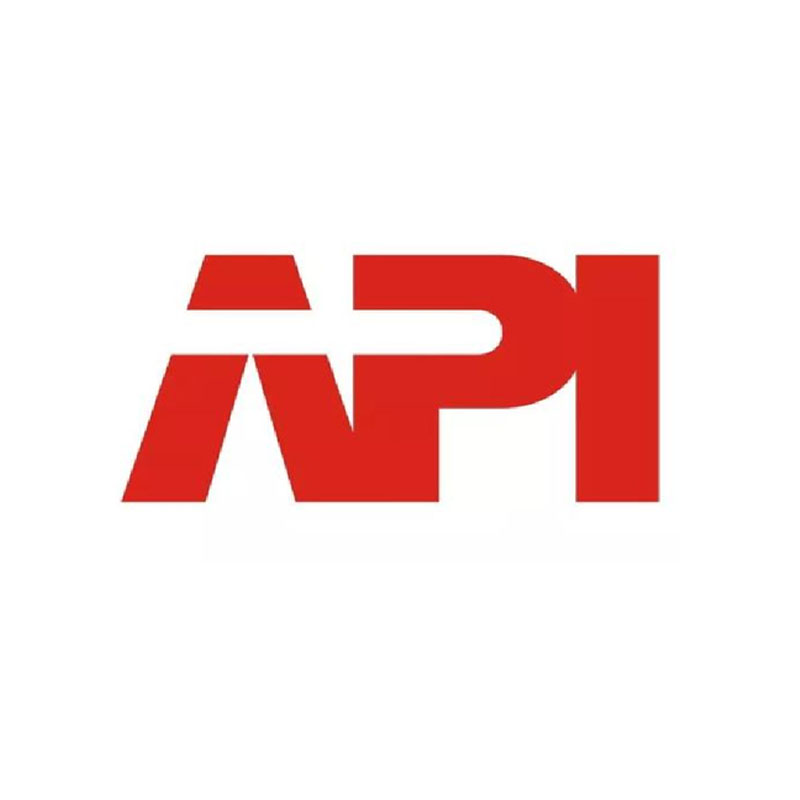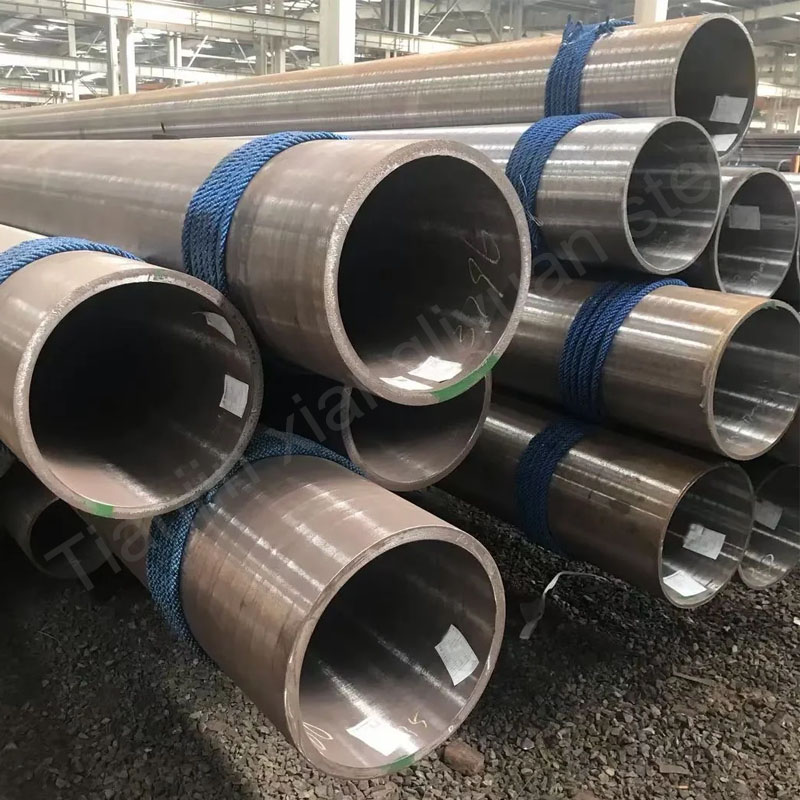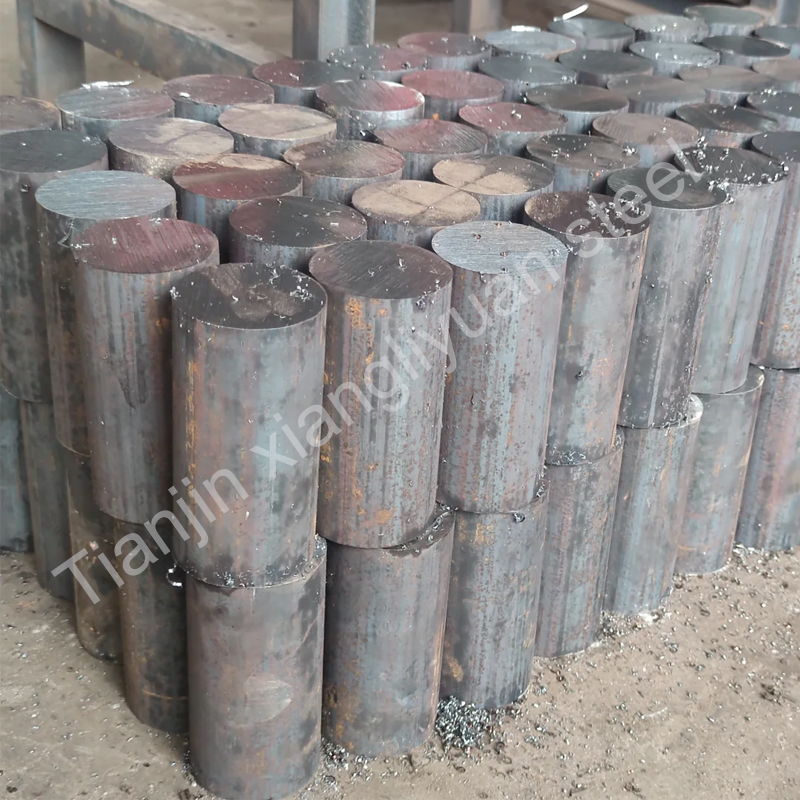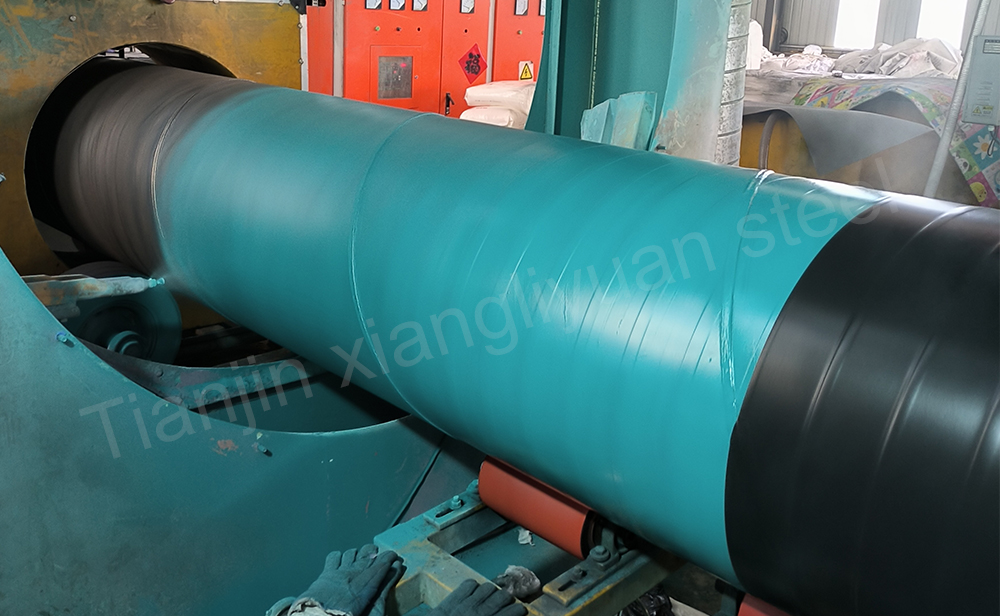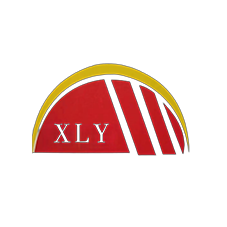API Standard is an industry standard developed by the American Petroleum Institute (API) and is widely used in the oil and gas industry. API Standard covers all aspects from exploration, production, processing to transportation and sales, ensuring the safety, reliability and compatibility of equipment and materials.
Main Features of API Standard
Wide Applicability: API Standard is widely adopted worldwide and is applicable to multiple fields such as oil and gas exploration, production, transportation, and refining.
High Quality Requirements: API Standard has strict quality requirements for materials, equipment, processes, etc. to ensure the safe operation of the oil and gas industry.
Continuous Update: API Standard is regularly updated according to the latest technological advances and industry needs to ensure its advancement and practicality.
API Standard covers all aspects of the oil and gas industry, and the main categories include:Drilling and completion equipment: including drilling fluid, drill pipe, drilling platform, wellhead equipment, etc.
Production equipment and operations: such as oil wells, gas wells, oil production equipment, production enhancement technology, etc.
Transmission pipelines: such as pipelines, pipeline accessories, pipeline design and construction, etc.
Refining and petrochemicals: refining equipment, process design, safety management, etc.
Environment and safety: including environmental protection standards, safety operating procedures, etc.
API 5L is a standard specifically for pipeline steel pipes, which is widely used in oil and natural gas pipelines. Its main contents include:Material and manufacturing requirements: specifies the chemical composition, manufacturing process, heat treatment method, etc. of pipeline steel pipes.
Mechanical properties: There are clear requirements for the tensile strength, yield strength, elongation and other properties of steel pipes.
Dimensions and tolerances: specifies the outer diameter, wall thickness, length and allowable dimensional deviation of steel pipes.
Inspection and test methods: including non-destructive testing, mechanical property testing, chemical analysis, etc. to ensure that the quality of steel pipes meets the requirements.
API standards are widely used in the oil and gas industry worldwide. Specific applications include but are not limited to:Exploration and development: Use API standard drilling equipment and technology to improve the efficiency and safety of exploration and development.
Production and processing: Use equipment and processes that meet API standards to ensure the efficiency and safety of oil and gas production and processing.
Transportation and storage: API 5L standard pipeline steel pipes ensure the reliability and durability of oil and gas pipelines, reducing the risk of leakage and accidents.
By following API standards, the oil and gas industry can ensure the efficiency, safety and environmental protection of its operations, and further promote the sustainable development of the industry.

